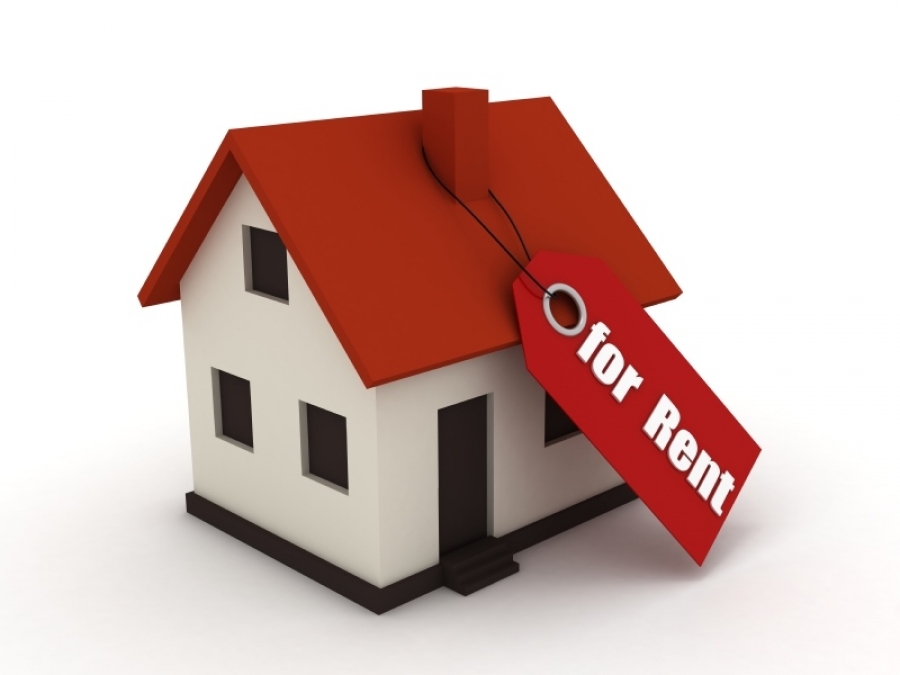There’s a lot of responsibility that goes into being a successful landlord. For starters, you must be able to provide a safe and decent environment for your tenants to live in and provide necessary services to maintain the condition of the property. However, did you know that as a landlord, you could also be responsible if a tenant should harm themselves on the property?
Many new real estate investors are unaware of landlord liabilities. This in turn could lead to serious financial issues, including a potential personal injury suit from your tenant. Lawyers such as those at http://www.coloradolaw.net/ strongly advise landlords to safeguard themselves from the possibility of lawsuits by being fully aware of the potential liabilities and methods to minimize the risks.
1. In what instances is a landlord liable for injuries a tenant or a visitor incurs while on the rental property?
The first order of business is to determine when you’re most liable for tenant or visitor injuries. Knowing this can help you to come up with a plan of prevention. In a nutshell, in order for a landlord to be held accountable for injuries that occurred on the rental property, they would have to be negligent in keeping the property up to par. To be proven liable in a court of law, the following must occur:
- · The area that caused an injury was the landlord’s responsibility to maintain.
- · The landlord did not take the necessary steps to prevent the accident.
- · The problem with the property was otherwise inexpensive and simplistic to repair.
- · The accident was foreseeable and could have been prevented.
- · The tenant has proved that the injury was directly caused by the problem area of the rental property.
- · The tenant has shown proof that the injuries were realistic.
Keep in mind that the tenant has the right to file a personal injury lawsuit against you and/or your insurance company. This suit can equal enough to compensate for expenses directly related to the injury such as lost wages, pain and suffering, disabilities, emotional distress, legal and medical expenses.
2. How can a landlord reduce the potential for financial loss as it pertains to repairs and maintenance?
The best course of action is to take preventative measures. You can avoid the potential for law suits, increased insurance premiums, and a deteriorated landlord/tenant relationship by keeping the rental property in good condition. Below are some tips to help you out:
- · Inspect the premises prior to having a tenant move in, before a tenant moves out, and periodically throughout the tenancy to ensure the property is safe.
- · Ensure that your tenants know about reporting maintenance, safety, or security issues to you immediately. You should ensure that the tenant has several methods to contact you, including a mailing address, email address, and company phone number.
- · Maintain a record of all tenant complaints and requests that also documents how you performed the repairs.
- · Set up a system that allows you to handle urgent matters within 24-48 hours.
- · Keep your tenants informed verbally and in writing about the process of a repair.
- · Be sure that your responsibilities for repairs and maintenance are clearly spelled out in your lease agreement so that your tenant knows who foots the bill and who is responsible for each type of repair on the property.
Aside from these tips listed above, landlords should also add another layer of protection to reduce the amount of out-of-pocket expenses on the chance that their tenant is hurt on the property. Liability insurance is an effective solution and can absorb a lot of the costs for you.
3. What are the benefits to having liability insurance for your rental property?
As stated above, liability insurance helps minimize the out-of-pocket expense in the event that a tenant is hurt on the rental premises. A homeowner’s insurance policy will protect you from other unforeseen circumstances such as natural disasters, robberies, and vandalism. However, this only covers certain liabilities. An additional insurance policy may need to be purchased to cover other possible liabilities.
Liability coverage, often referred to as a comprehensive general liability policy, covers injuries and associated financial losses that result from an injury on the premises. It can also cover the cost of legal fees. Below are a few tips on selecting the right insurance:
· Ensure the policy protects the full value of the assets and property
· Look for a policy that goes beyond physical injuries and covers things like invasion of privacy, discrimination, slander, and so forth.
Owning a rental property can produce great financial reward for a real estate investor. However, with much gain comes greater responsibility. Ensure that you’re providing your tenants with safe and decent living arrangements to minimize the potential for injuries. Also, make sure that you protect yourself by drafting an effective lease, periodically inspecting the property, and investing in insurance just in case things should go wrong. Doing so provides peace of mind for you and your tenant.








